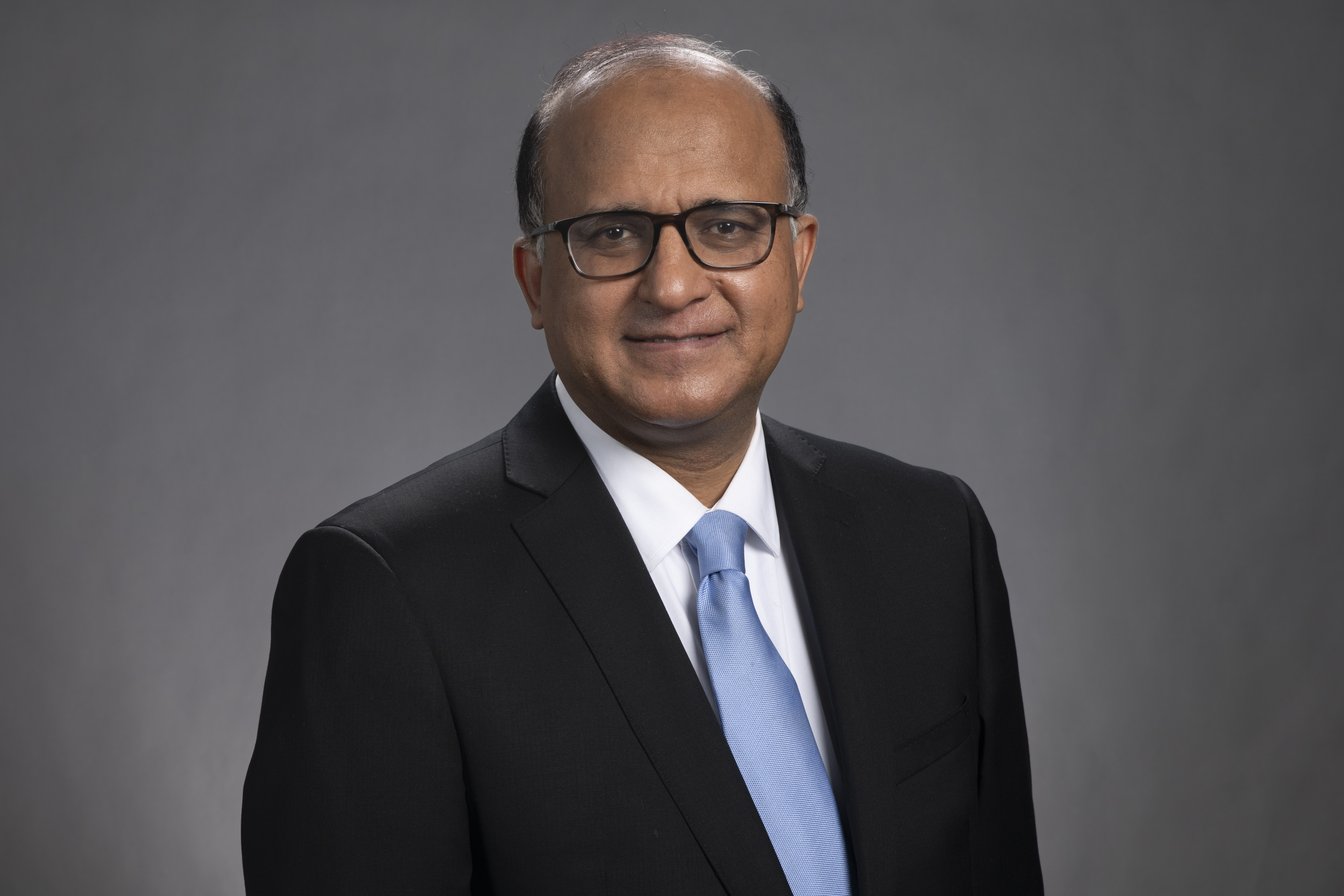
Dr. Bedaiwy is a clinician, researcher, professor, and division head of the Division of Reproductive Endocrinology & Infertility, UBC Department of Obstetrics and Gynaecology. He received his medical degree from Assiut University School of Medicine, Egypt, where he graduated valedictorian summa cum laude.
Dr. Bedaiwy is double board-certified in obstetrics and gynecology in the United States and Canada. He has completed two fellowships in reproductive endocrinology and infertility (Case Western Reserve University, Ohio, USA and University of Toronto, Ontario, CA) and received a third fellowship in minimally invasive surgery at the Cleveland Clinic Foundation, Ohio, USA.
Dr. Bedaiwy is well-known for his work on recurrent pregnancy loss and its connection to underlying gynecological conditions. At the CPP/Endometriosis Clinic, he focuses on managing endometriosis-related pain and infertility by exploring specialized surgical techniques and hormone therapies to develop tailored treatment methods. By systematically evaluating the efficiency, effectiveness, side effects, and complications of these treatments, he aims to reduce recurrence and enhance quality of life while preserving fertility. His work also involves innovative strategies in assisted reproductive technologies and minimally invasive surgical procedures, advancing precision treatments for complex gynecological disorders.
Dr. Bedaiwy is highly involved in research, having over 400 publications and numerous editorial and reviewer roles in scientific journals worldwide. He has dedicated his career to providing high-quality medical care, research and education.

